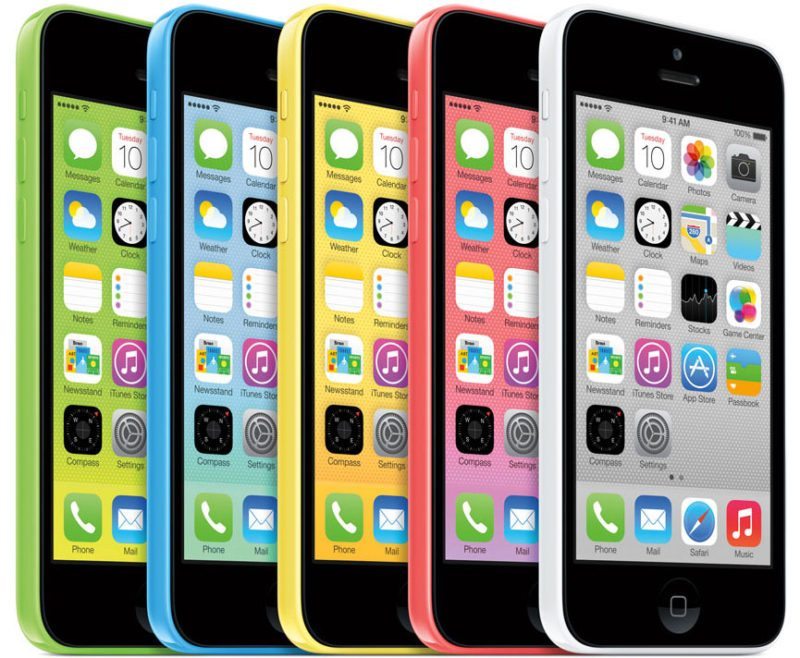San Bernardino iPhone Proves Useless Following Decryption
Ashley Allen / 9 years ago

After a lengthy court battle, lasting months, that sought to compel Apple to compromise the security on an iPhone belonging to San Bernardino shooting suspect Syed Rizwan Farook, the FBI finally achieved the feat on its own. The result? Absolutely nothing of use was gleaned from the device, according to an anonymous source within US law enforcement.
“A law enforcement source tells CBS News that so far nothing of real significance has been found on the San Bernardino terrorist’s iPhone, which was unlocked by the FBI last month without the help of Apple,” CBS News reports. “It was stressed that the FBI continues to analyze the information on the cellphone seized in the investigation.”
It is still unclear who was responsible for bypassing the encryption of Farook’s iPhone 5c, nor the mean by which it was achieved. Multiple sources, however, suggest that the FBI enlisted the help of a private group of “grey hat” hackers to help crack the device.
“The FBI cracked a San Bernardino terrorist’s phone with the help of professional hackers who discovered and brought to the bureau at least one previously unknown software flaw, according to people familiar with the matter,” according to the Washington Post. “[…] The people who helped the U.S. government come from the sometimes shadowy world of hackers and security researchers who profit from finding flaws in companies’ software or systems.”
“The company that helped the FBI unlock a San Bernardino shooter’s iPhone to get data has sole legal ownership of the method, making it highly unlikely the technique will be disclosed by the government to Apple or any other entity, Obama administration sources said this week,” Reuters revealed. “[…]The sources said the technology used to get into the phone was supplied by a non-U.S. company that they declined to identify.”
Regardless, FBI Director James Comey has suggested that the FBI will likely keep the exploit it used to access the iPhone to themselves, lest Apple attempt to patch the vulnerability. “If we tell Apple, they’re going to fix it and we’re back where we started,” Comey said. “As silly as it may sound, we may end up there. We just haven’t decided yet.”



















